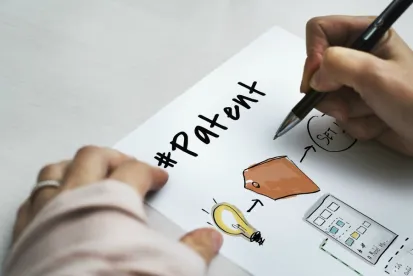In our penultimate patent owner tip for surviving an instituted IPR, we turn our discussion to defending the deposition of your expert. At this stage of the proceeding, your Patent Owner Response has been filed, and all the facts and arguments you need have already been developed, including any necessary expert testimony. Thus, there should be nothing that you need from you expert at this point. But the petitioner still has the opportunity to depose and potentially discredit your expert. Thus, there is not much to be gained at your expert’s deposition, but there is a lot to be lost. The following five tips will help your expert avoid any pitfalls.
1. Prepare, prepare, prepare.
Preparation by you and your expert is the key to a successful deposition. Your expert should be ready and prepared for any question the Petitioner’s attorney may ask. Your expert should have a complete understanding of the Petition and the prior art as well as complete command of his or her declaration. Setting up a mock deposition between you and your expert is a good way to prepare your expert for the types of questions they may face.
2. Listen to the question carefully.
Make sure your expert takes the time to listen to and understand the question carefully. Have your expert pause before answering any questions. This will allow you enough time to object to the question, if necessary, and give your expert time to comprehend the question before answering. A simple misunderstanding can give the Petitioner an avenue to challenge your expert’s credibility down the road.
3. Don’t guess at hypotheticals.
Remind your expert not to guess at hypotheticals. Experts are smart people, and their domain of knowledge is vast. Your expert needs to fight the urge to demonstrate how smart they are by answering incomplete and hard-to-understand hypotheticals. Guessing at hypotheticals can give the Petitioner an opportunity to discredit your expert in its reply brief. Often a simple “I did not consider that in forming my opinions” will suffice as an answer if a hypothetical is proposed.
4. Use your declaration to refresh your memory.
The expert’s declaration is his or her safe haven and should be utilized anytime your expert wants to refresh his or her memory. While the expert’s memory should be fresh with his or her opinions from preparation, an expert need not memorize their declaration and should never guess about positions taken therein. Make sure to stress to your expert that when in doubt, consult the declaration.
5. Be wary when opposing counsel characterizes your testimony.
Encourage your expert to listen carefully when opposing counsel attempts to characterize his or her testimony. Any characterization made should match your expert’s testimony identically before your expert agrees with it. While counsel can object if there is some inaccuracy, the expert should also pay attention and push back on any omissions or mischaracterizations. Often times attorneys will attempt to paraphrase an expert’s testimony, and important details can be lost. Your expert should not agree with opposing counsel’s characterization of their testimony, unless it is in fact his or her testimony.
By training your expert to follow these tips while providing short truthful answers, they will avoid common pitfalls and unclear responses, and their credibility will remain intact.





 />i
/>i

